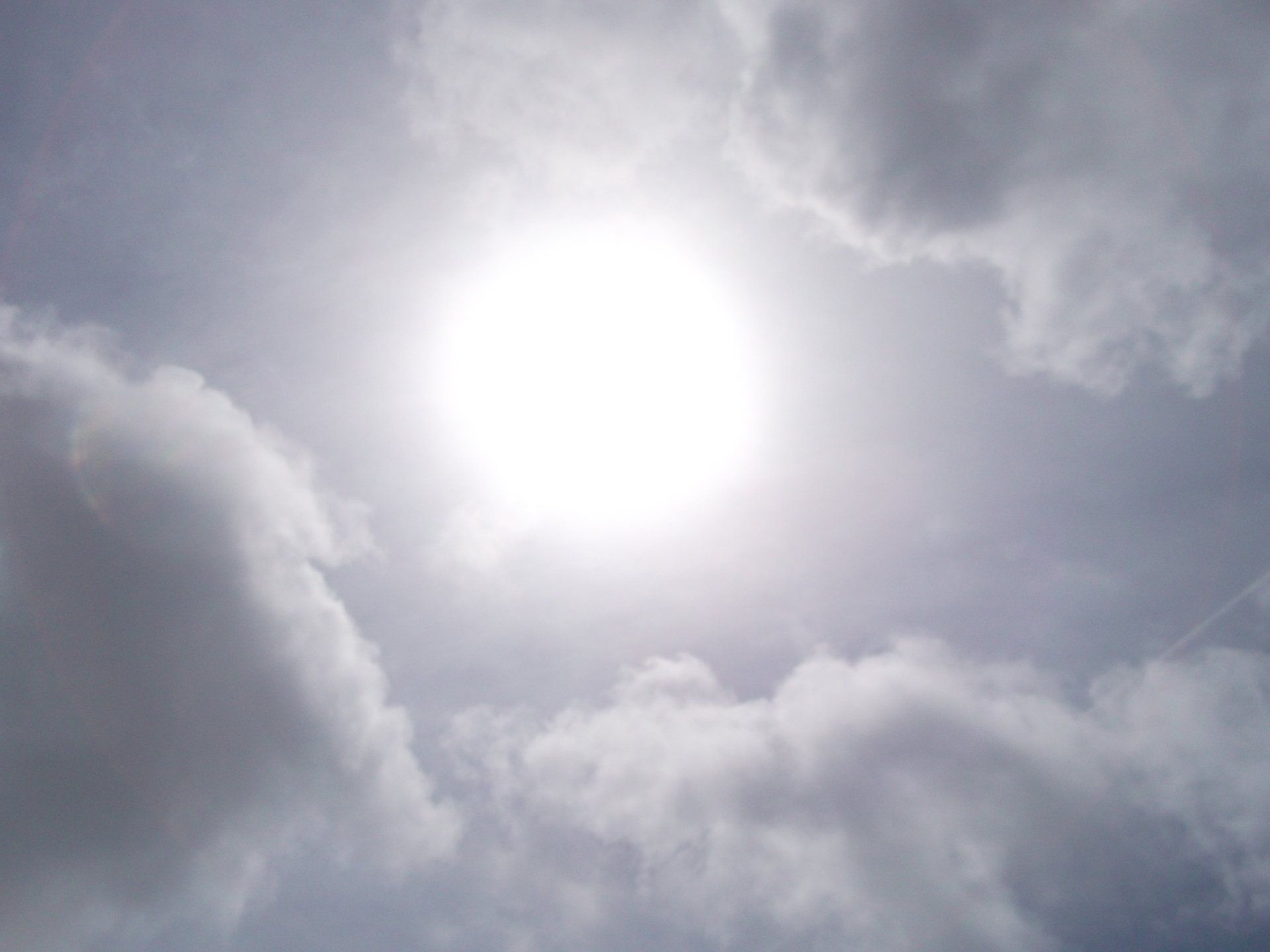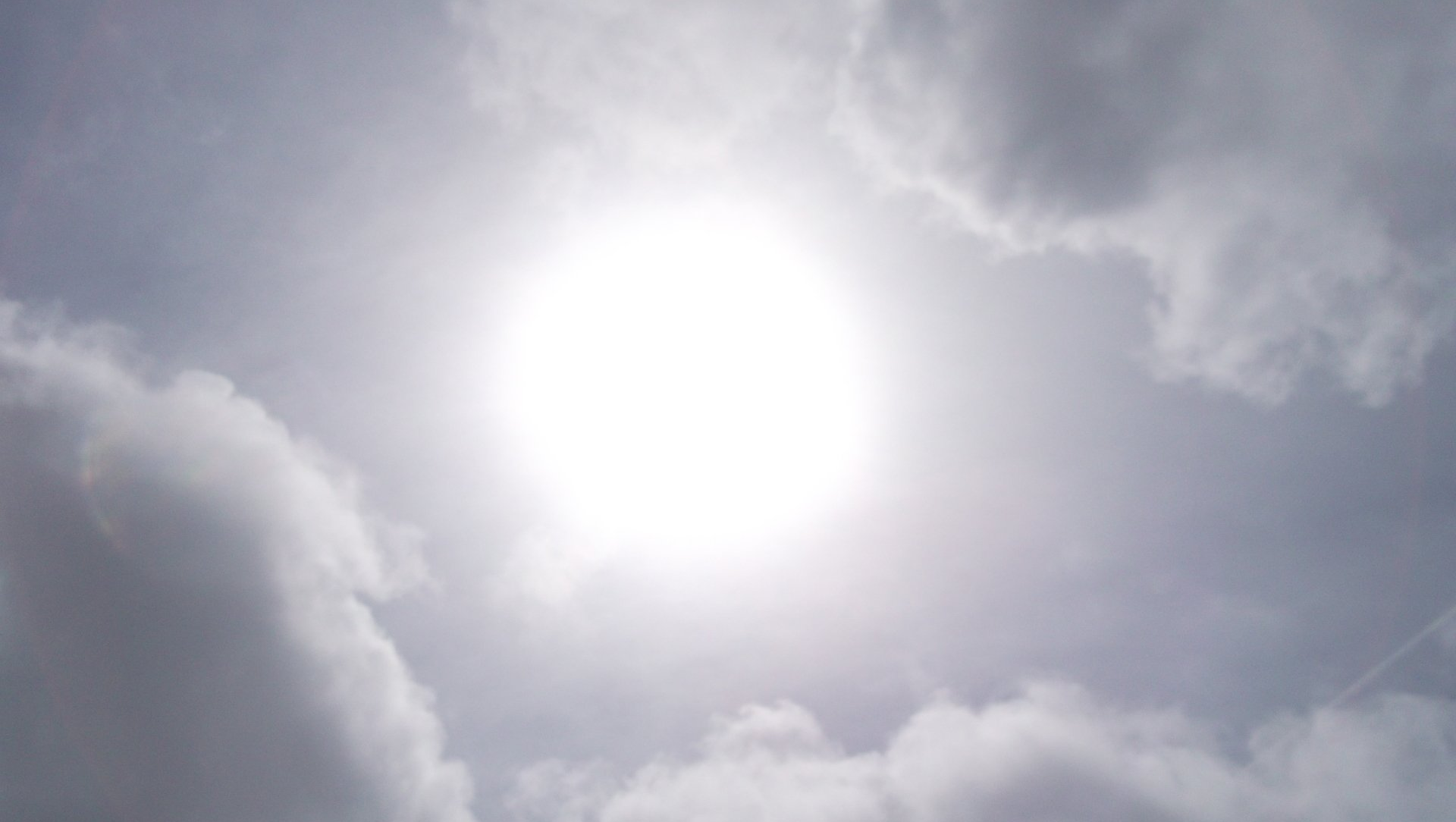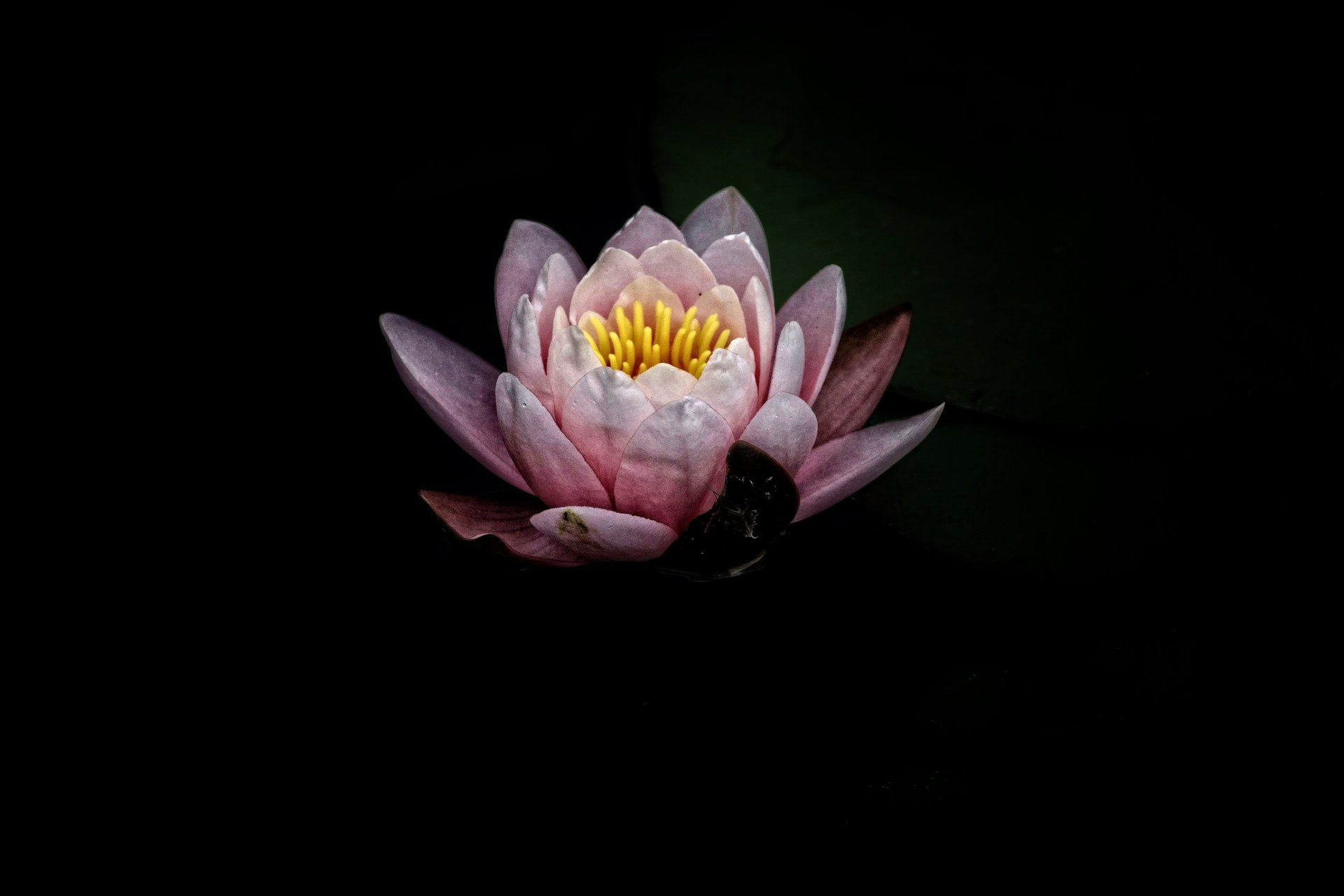Winter Turns into Spring - The Blog
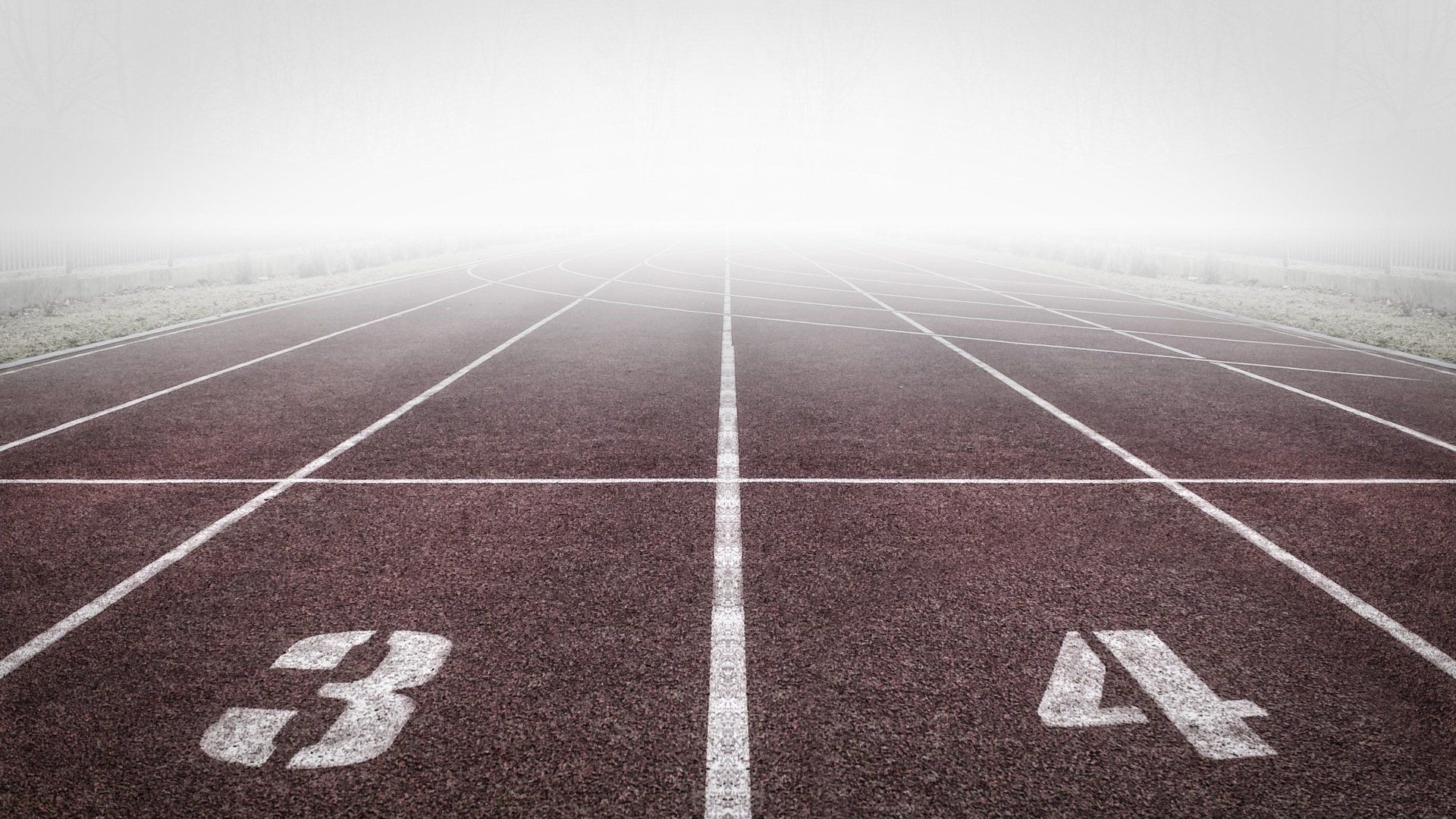
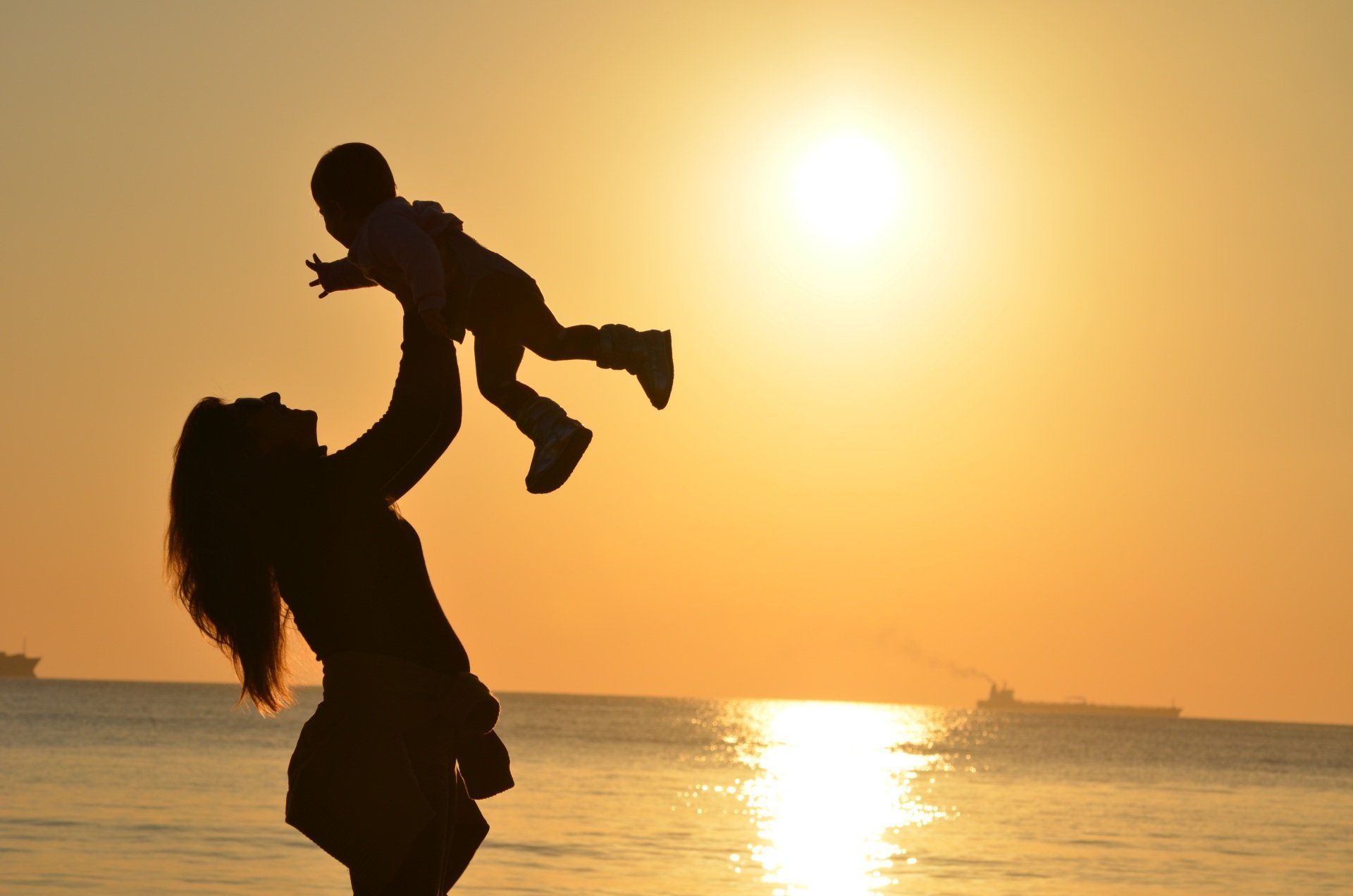
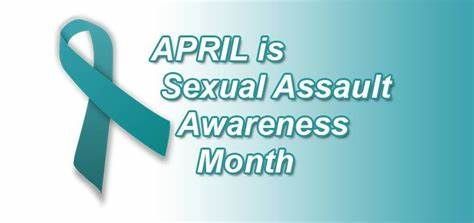
The Impact of Our Environment on Our Mental Health
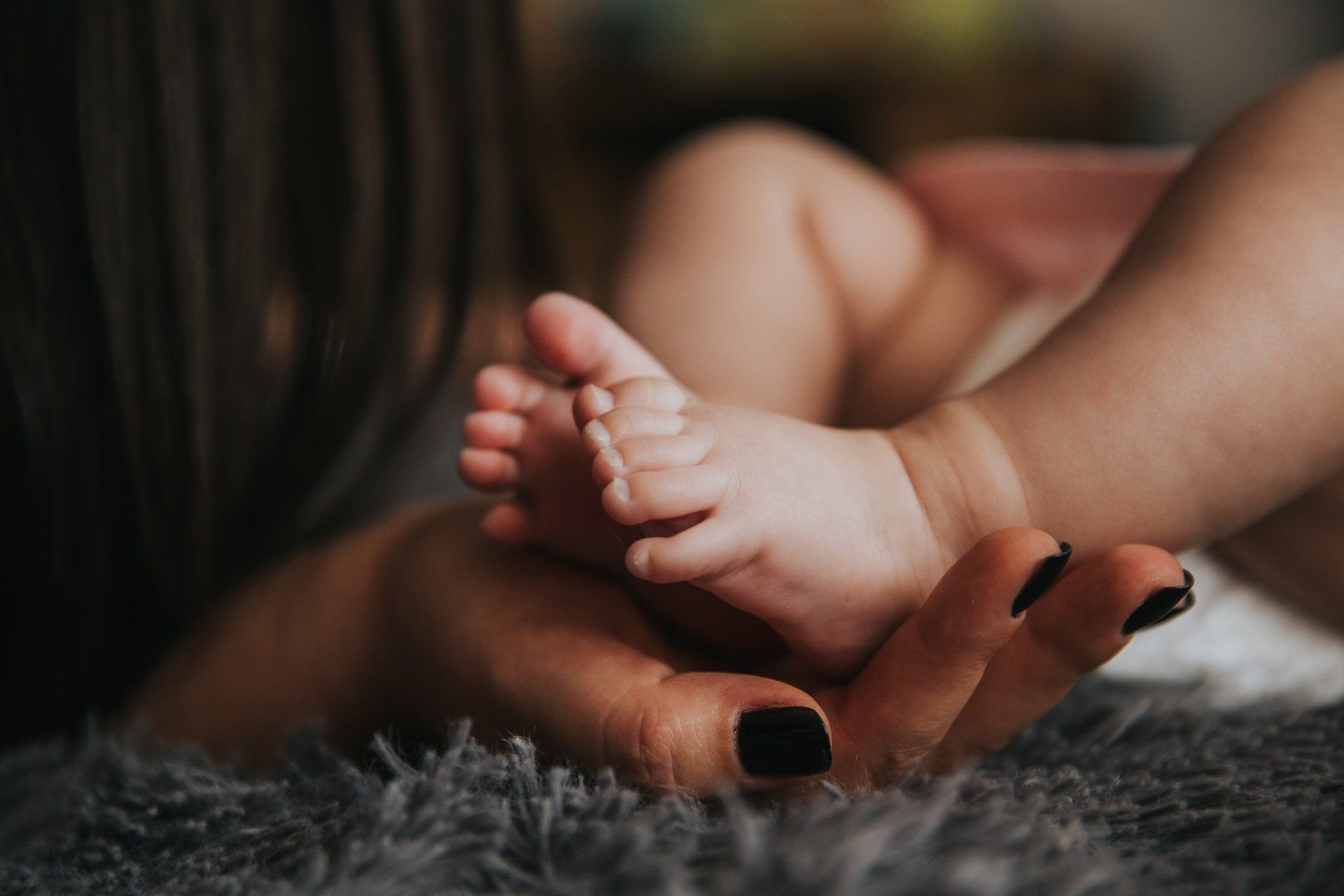
The impact of the environment a person grew up in and the environment they are living in now, as adults, is often discarded. The environment has a major impact on how a child's brain will develop and on the behaviour they will display as grown-ups. This omission opens the door to shaming and blaming individuals for things that aren't their fault and treatments ,such as CBT, don't go to the source of the challenging experiences.
Our first home/ environment, as a little seed slowly growing into a little human, is the mother’s womb. It is the first place of connection and of safety. A loving and caring nest. Ideally, the mother is well supported and cared for during the 9 months of gestation. Realistically, it isn’t always the case. Expectant mothers are always told to reduce any stress and to take it easy. Unfortunately, some mothers work full – time and not a lot of employers are willing to bring more flexibility to accommodate their expectant employers. For decades, being pregnant, meant women lost their job. Other women are so used to living in the constant pressure of doing more, of keeping forever busy and to carry on as normal, that they don’t give themselves the time to slow down. Those who don’t work, for whatever reasons, are being judged as lazy, work shy and are accused of wanting an easy life on benefits. In other words: the society we live in, doesn’t allow for a peaceful and stress free pregnancies. It doesn’t honour and respect mothers nor their children.
Once outside the womb, mothers are told that, as long as they feed, burp, change nappies, they can put down their new born baby and let her cry herself to sleep, to teach the infant to self-sooth. The post-natal physical and emotional discomfort and pain, are minimised if not ignored. There are so many contradicting points of view, unsolicited opinions and medical advice, new mothers are often overwhelmed. Everyone has something to say about us and our children but, not often do we hear: “ How are you? How can I help?” So many mothers are left feeling alone and end up labelling themselves as “bad mothers”, for so many months! We often hear: “But, you are a mother now, you have all the love in the world! How can you be so unhappy?” “Stop crying, you are going to upset the child!” Not often are we given the love a support we so need, at this crucial moment, following birth.
The human brain doesn’t fully grow within the womb, so that this little head can squeeze through the birth canal. The rest of its growth will happen, rapidly throughout their childhood, especially, during the first year of life. What will facilitate the healthy growth of a child? A loving, caring, protective and reliable anchor: mother. Referring to Dr Gabor Mate, he expresses the view that, mothers and children need to spend another nine months, in an outside womb, where both can bond and thrive together. Unfortunately, work is the priority. It isn’t so long ago, that fathers were allowed paternal leave, which is so necessary for them to bond with their babies, sure. but, to support the mother, so, she can sleep, heal, and focus on nursing and bonding with her child. Maternal Leave varies from country to country, but it is a disgrace that after a mere few months, it is time to give our children up to baby-sitters, child-minders, nurseries. Strangers. All childcare options are very expensive, and it is often not worth for the mother to go back to work, as most of the paycheck goes to paying those fees.
The stress of getting up extra early in the morning to drop the child off to nursery/ child minder, to, then, run to catch the train. Working 8 hours or more, to rush back, at the end of the day, to collect the child, on time so as not to be charged extra. On top of these, there are dinner to be made and bedtime routines. It is hard for women in partnerships (Women tend to take care of most of the house chores after work) It is even harder for single women. If mothers aren’t working, they are still facing a huge amount of pressure to do more and be more, as if to prove their worthiness to a society that belittles and judges them brutally. We are the only species who must prioritise working for a living and sacrifice precious, vital time with our little ones. Financial stress, poverty, constant put downs and early separation from baby, are all hindrances to mother’s happiness and well-being, which in turn, will have an adverse effect on infants.
What all of this has to do with issues of mental health? Everything! When, for whatever reasons, children and mothers have little chances to bond, children will grow up with so called “Disorders” and other difficulties, later, in their lives. A child doesn’t have to be rejected or abused to be impacted: a very stressed mother/household are enough to alter the child’s brain pathways hindering emotional maturity. Sadly, for children who grew up in abusive and neglectful household, they suffer terribly and then they are pathologized, labelled as if their behaviour was independent from the environment, they lived in. Adults survivors are facing the same challenges. In cases of addictive behaviour for instance, the adult is referred to as an addict and the focus is solely on getting rid off the addiction. It is seldom the case that they are supported in exploring and supported in facing their painful childhood. We can see the stigma linked to BPD diagnosis: it acknowledges people diagnosed with BPD most often comes from abusive background, but the emphasize is on the symptoms – the "disordered" behaviour: anger, addictions, incapable of regulating one’s emotions, rebellious. Dangerous to oneself and to others. It is all about what is wrong with the individual, never about what happened to them, in the environment they grew up in. No, they can’t regulate their impulses: their brain, their entire nervous system has been hijacked a long time ago, and without a nurturing, caring and safe environment to explore their inner self, these people will suffer for a while. It is not just the case for BPD, it is the same for CPTSD, PTSD, Bi-Polar Disorder… Different symptoms, but the same root: lack of love, lack of bonding, lack of unconditional positive regards in their lives.
Survivors of child abuse hear: “The abuse wasn’t your fault BUT your recovery is your own responsibility. Nobody can do that for you” To some extent, yes, however, a little support goes a long way. By support, I mean person – centred support. Kind and caring support. This includes a safe society. In the UK, for the last 12 years, there has been a tragic increase of persecution of unemployed people, who are often very unwell, physically, or mentally, sometimes both. In recovery circles, we are encouraged to take our time with healing, to be gentle and understanding of ourselves for needing so much rest, for not being able to work and, at the same time, we are asked to attend Work Assessment Programs. We are threatened with sanctions. We are shamed and blamed at every corner. Society, right now, isn’t safe. The world we live in, is very threatening and scary. It is easier, it seems, to blame the individual than to seek real solutions, based on tolerance, compassion and congruence.
*
"In our society, that attachment is cut to shambles. A significant percentage of American women go back to work within two weeks of giving birth. Moms are meant to be with their kids for years, I’m done with nature here. And so when women are economically forced to return to work, that separation from the mother is huge for the child. And so children have this attachment drive, but there’s nothing in the child’s brain that tells the child who to attach to. It’s like the duckling that hatches from the egg. And preferentially will imprint on a mother duck if the mother duck is there. But it’s a minute that is not there. The duckling will imprint on anything that moves, including a mechanical toy that can possibly nurture it."
The Secret to Healthy Child Development with Dr Gabor Mate
*
Take gentle care of yourselves,
Sylvie
